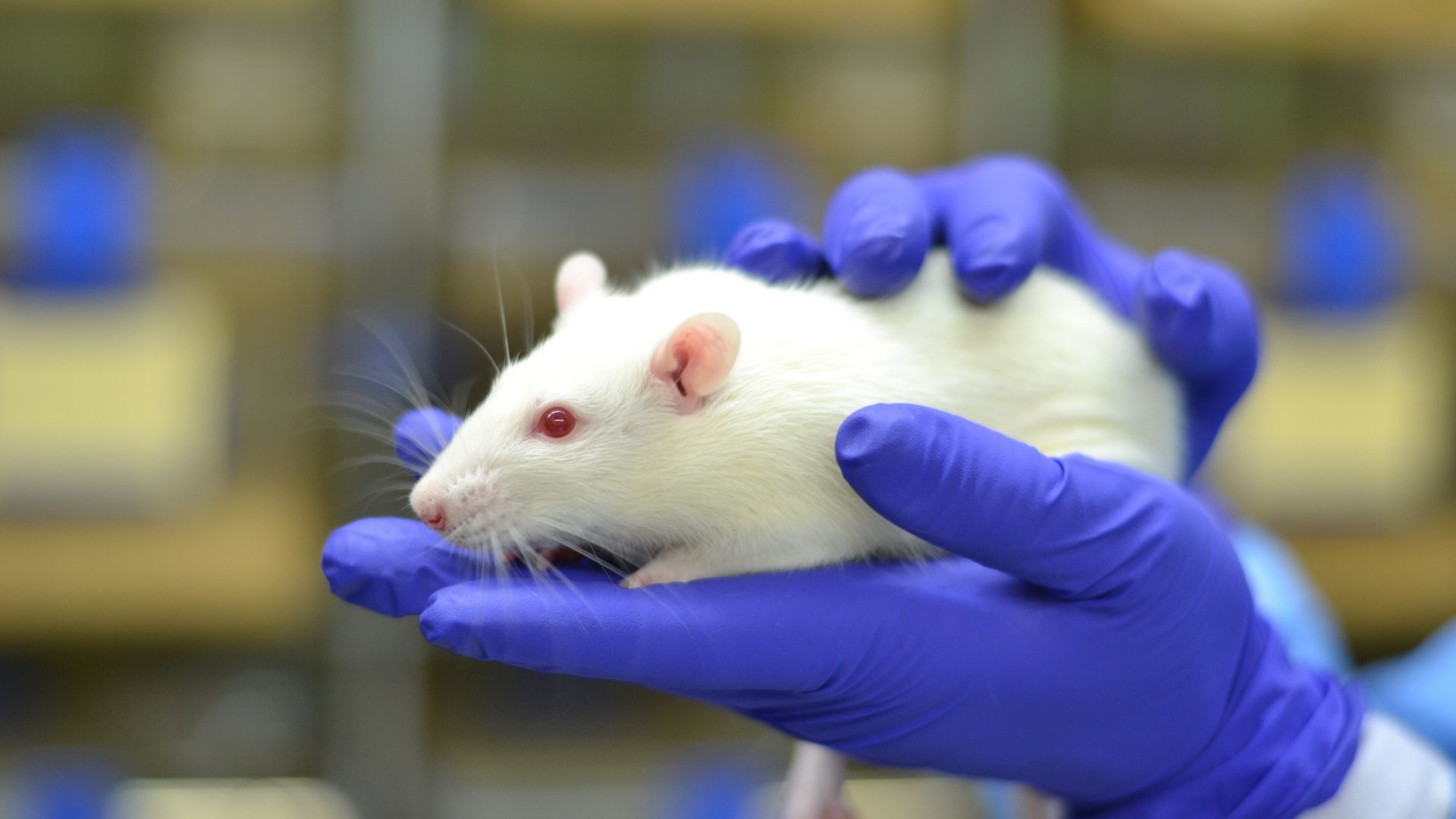The Ethics of Animal Testing: Rethinking Research and Reducing Suffering

The Ethics of Animal Testing: Rethinking Research and Reducing Suffering
Each year, millions of animals—ranging from mice and rats to rabbits, pigs, dogs, cats, and even primates—are used in scientific experiments across the globe. According to the World Health Organization (WHO), approximately 115 million animals are subjected to testing annually. While some argue that animal testing has played a pivotal role in advancing medical science, the reality is far more complicated and troubling. The practice not only raises significant ethical concerns but also presents scientific limitations that call for urgent reform.
The Harsh Reality of Animal Testing
In laboratories, animals endure various forms of distress, pain, and even death, all in the name of scientific progress. These creatures are often exposed to invasive procedures, enduring everything from surgery to forced exposure to chemicals and substances that can lead to severe injury or death. The overwhelming majority of these experiments—more than 90%—never reach human application, leading many to question whether the suffering of these sentient beings is justified.
The fact that such a high percentage of these tests fail to yield useful results for human medicine brings to the forefront a critical issue: Are we placing undue importance on animal lives in the pursuit of data that may not even apply to humans?
The Ethical Dilemma: Sentient Beings or Experimental Tools?
At the core of the debate over animal testing is the question of ethics. Animals, whether mice, rabbits, dogs, or primates, are sentient beings capable of experiencing pain, fear, and stress. To subject them to painful, invasive procedures purely for the sake of scientific research presents a moral dilemma. While many scientists argue that animal testing is necessary for medical advancements, others believe that the ongoing suffering of these animals cannot be justified by potential, yet uncertain, benefits to human health.
Animals are not mere tools—they are living beings with complex nervous systems that allow them to experience distress and discomfort. The widespread use of animals in testing poses a direct challenge to our ethical responsibility toward non-human creatures. As awareness of these concerns grows, so does the call for alternative methods that do not rely on animal suffering.
Alternatives to Animal Testing: The Rise of Biotechnology and Simulations
As science progresses, so too does the development of alternative research methods. Advances in biotechnology, computer simulations, and 3D tissue models offer promising replacements for traditional animal testing. These alternatives can replicate human biology more accurately, potentially providing more reliable results while sparing animals from pain and death.
For instance, in vitro testing—which uses human cells in controlled laboratory environments—has shown great promise in drug development and toxicity testing. Additionally, computer simulations powered by artificial intelligence (AI) are now able to predict how substances will interact with human tissues, reducing the need for animal trials.
Despite these advances, however, animal testing remains prevalent. Regulatory hurdles, traditional research practices, and the lack of universal acceptance of alternatives have slowed the widespread adoption of more humane research methods.
The Call for Change: Reducing Animal Testing and Embracing Ethical Research
Advocates for animal rights argue that it is time to make significant reductions in the use of animals in scientific experiments. They emphasize the need for ethical responsibility in research, pushing for stricter regulations and incentives to encourage the use of alternatives. Many also advocate for a greater focus on transparency, with researchers disclosing their use of animals and the steps taken to minimize harm.
The ethical stance is clear: animals should not be treated as expendable tools for human advancement. Their suffering, stress, and premature deaths must be weighed against the scientific benefits, and the field must explore every possibility to reduce, refine, or replace animal testing altogether.
A More Humane Approach to Science
The pursuit of knowledge does not have to come at the expense of the lives and well-being of sentient animals. With the rise of alternatives to animal testing, there is hope that we can make significant strides toward a more humane approach to scientific research. It’s time for a paradigm shift in the way we conduct experiments, one that respects the dignity of all living beings, while still pushing the boundaries of science.
In the coming years, we must work toward a world where the need for animal testing is greatly reduced, and where alternatives take center stage in research practices. Through continued innovation, ethical responsibility, and a commitment to reducing suffering, we can create a future where science and compassion coexist.


